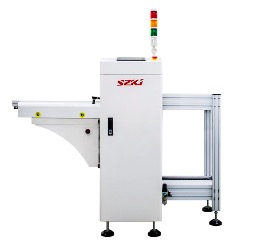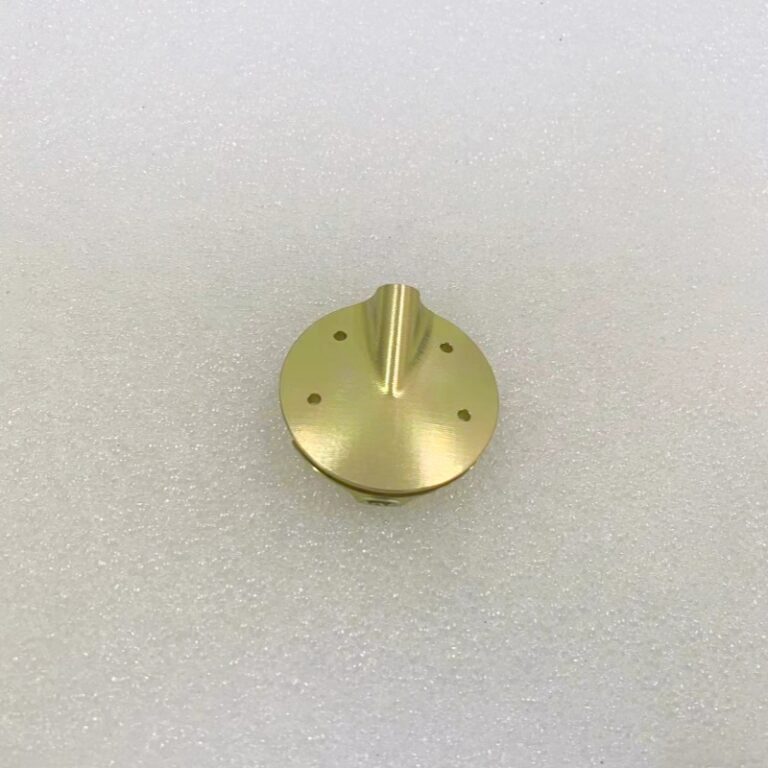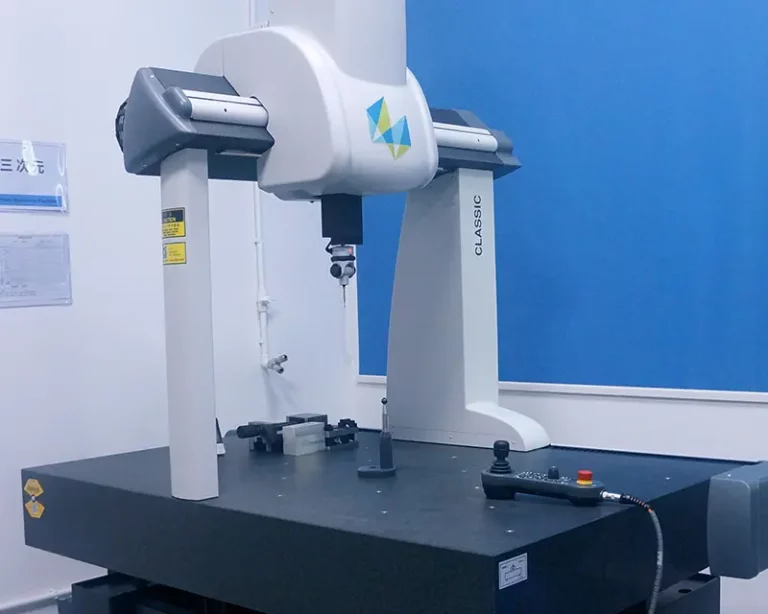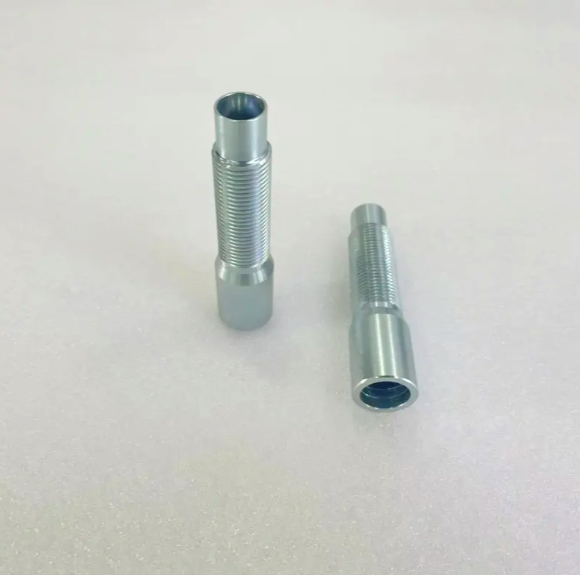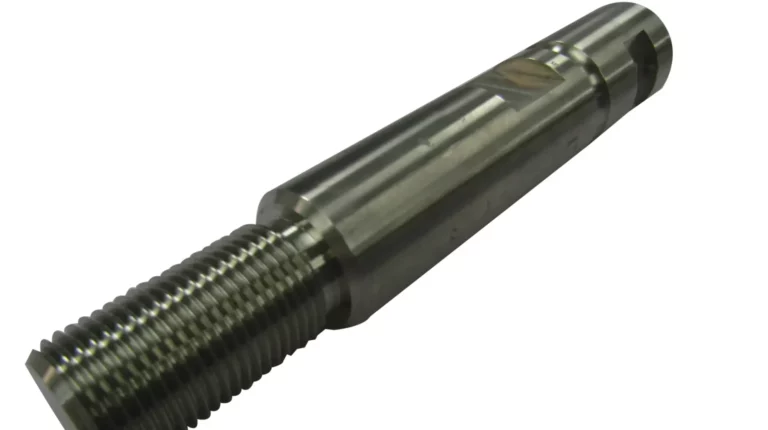Car OBD (On-Board Diagnostics) cables are essential tools for vehicle maintenance, used to access a car's diagnostic information and monitor performance. As demand for these cables grows, prices have become more competitive. However, not all OBD cables offer the same level of quality, durability, or functionality, making it crucial to choose wisely. This article will help you understand what makes a good OBD cable and where you can find reliable, affordable options.
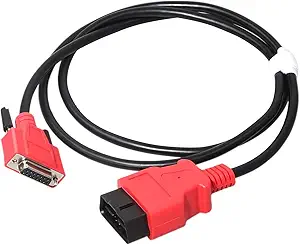
Key Features to Consider in a Car OBD Cable
When purchasing an OBD cable, there are a few important factors to consider to ensure that it meets your needs effectively:
1. Compatibility
One of the first things to check is compatibility. Ensure the OBD cable you choose is compatible with your vehicle model. Most modern cars are OBD2-compliant, but it's always best to verify that the cable will work with your car's diagnostic system. Look for cables that are versatile enough to work with multiple car makes and models.
2. Quality and Durability
Quality and durability are essential for any diagnostic tool. An OBD cable should be built to withstand frequent plugging, unplugging, and general wear. Cables made from high-quality materials are less prone to damage, helping you avoid frequent replacements and potential disruptions to your diagnostics.
3. Functionality
A good OBD cable should offer a range of functions to provide comprehensive diagnostics. The ideal cable allows for basic code reading and reset functions, while some options support advanced diagnostics like live data streaming and freeze frame data. Make sure the cable supports all the functions you need, especially if you work in automotive repair or frequently perform diagnostics on your own vehicle.
4. Easy-to-Use Interface
OBD cables should be straightforward and easy to use. Look for options with clear interfaces and instructions to ensure you can quickly connect to your car's diagnostic system. If you're buying a Bluetooth-enabled OBD cable, check that it pairs easily with compatible diagnostic apps on your smartphone or tablet.
5. Price and Value
Finally, consider the price relative to the value offered. Many affordable OBD cables provide high-quality diagnostics without the need for a premium price tag. However, avoid extremely low-cost options that may compromise on quality or functionality. Aim for a balance between affordability and reliability to get the best value for your money.
Where to Find Affordable Car OBD Cables
Finding the right car OBD cable at a reasonable price is easier if you know where to look. Here are some reliable sources:
Online Retailers and Marketplaces: Major online marketplaces offer a wide selection of OBD cables at various price points. Look for sellers with high ratings and positive customer reviews, as this can be an indicator of the quality and reliability of the products. Be sure to read the specifications carefully to ensure compatibility with your car.
Automotive Supply Stores: Some local automotive supply stores stock OBD cables, and the benefit here is that you can inspect the product in person. Many stores offer knowledgeable staff who can guide you in selecting the right cable for your needs, and you may find promotional deals from time to time.
Wholesale and Bulk Options: If you’re in the automotive repair business or require multiple cables, consider wholesale or bulk purchasing options. Many suppliers offer discounts for bulk orders, which can provide significant cost savings if you need multiple cables. Wholesale suppliers often provide durable, professional-grade OBD cables ideal for frequent use.
Direct from Manufacturers: Buying directly from manufacturers can be a reliable way to source OBD cables, especially if you’re looking for a specific model or feature. Manufacturer websites often feature detailed product descriptions, and you can reach out directly for technical support. Direct purchases sometimes include warranties, which add peace of mind.
Important Specifications for Car OBD Cables
When selecting an OBD cable, here are a few specifications that may help you make an informed choice:
Size: Common dimensions are 100*200 mm, providing a compact, portable design.
Weight: Lightweight cables (e.g., around 10g) are easier to handle, making them suitable for portable use.
Applicable Equipment: Look for compatibility with standard automotive diagnostic equipment.
Shipping and Logistics: Depending on where you’re located, consider logistics options. Land transport is common for larger orders, but many retailers offer expedited shipping for an additional fee.
Applications: Car OBD cables are primarily used in vehicle interiors, making compact designs beneficial for tight spaces. They work with diagnostic interfaces to display fault codes and other relevant information.
Price Range: Prices vary by brand and functionality. While some cables are negotiable through certain suppliers, the cost is often dependent on the cable’s features and materials.
Final Thoughts
In today's competitive automotive market, affordable and reliable OBD cables are readily available. By focusing on compatibility, durability, functionality, ease of use, and value, you can find an OBD cable that meets your needs without compromising quality. Whether you’re a DIY car enthusiast or a professional automotive technician, choosing the right OBD cable can make diagnostics smoother and more efficient.
With these tips in mind, explore reputable suppliers and compare options to find a cable that fits your requirements and budget. A good car OBD cable not only offers diagnostics but also enhances your vehicle maintenance routine, helping you save time and effort in the long run.
0 


